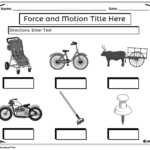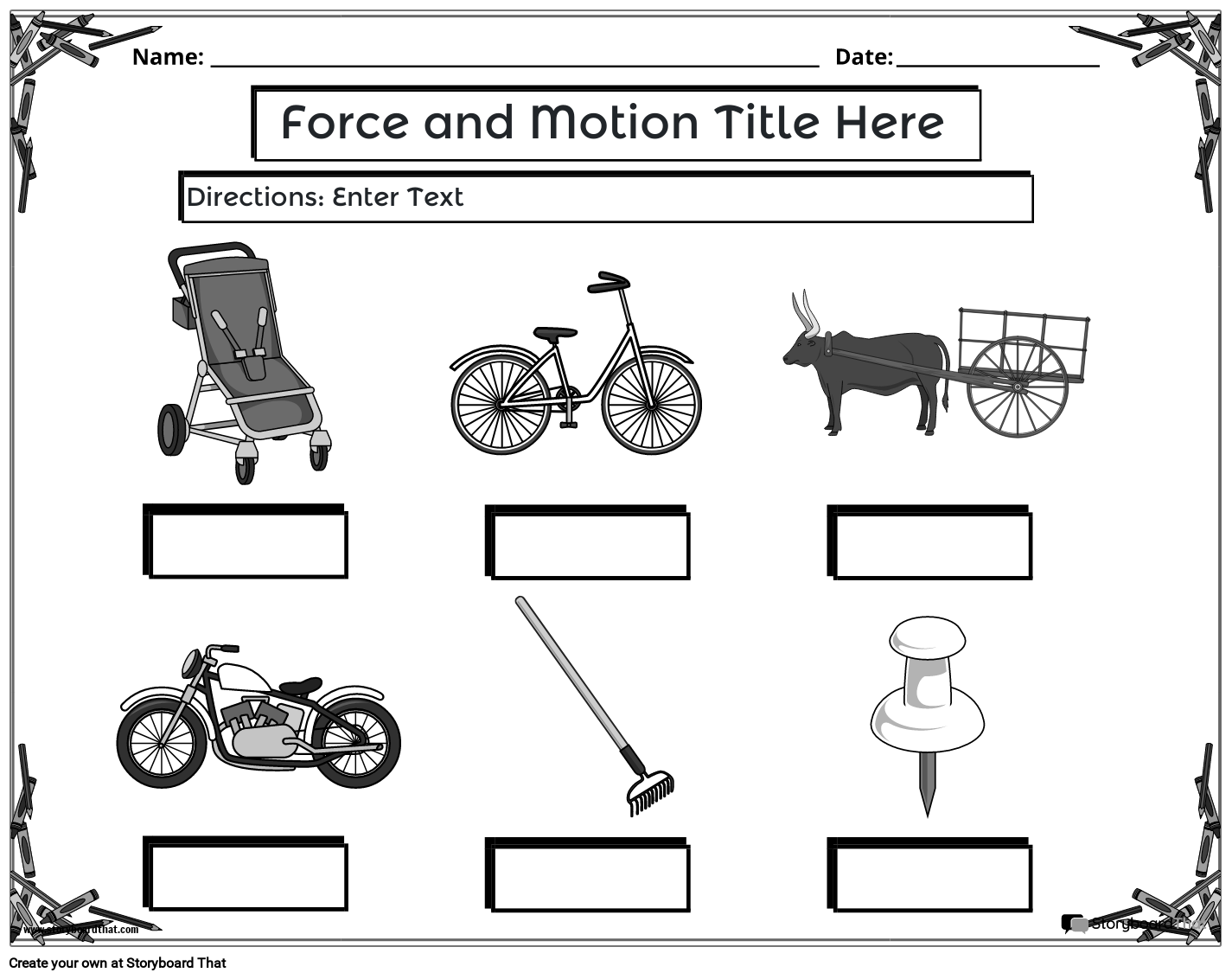The IELTS (International English Language Testing System) exam is one of the most widely recognized English language proficiency tests in the world. Whether you are applying for a university, a job, or a visa, a high IELTS score can make a significant difference in your application. Many candidates find themselves wondering how to increase their IELTS score, and the answer lies in consistent preparation and focused strategies. In this article, we will share some practical tips and techniques to help you boost your IELTS score across all four sections of the exam: Listening, Reading, Writing, and Speaking. By following these methods, you can increase your chances of scoring higher and achieve your desired result.
Understand the IELTS Exam Format
To excel in the IELTS exam, it’s essential to first understand the structure and format of the test. The IELTS is divided into four sections: Listening, Reading, Writing, and Speaking, each of which assesses a different skill.
- Listening involves listening to four recorded audio clips and answering questions based on what you hear. It tests your ability to understand spoken English in various accents.
- Reading includes three passages with a variety of question types. You are tested on your ability to read and understand academic texts or general English texts.
- Writing is made up of two tasks: Task 1 involves writing a description based on a graph, table, or chart, and Task 2 requires writing an essay in response to a question.
- Speaking involves a face-to-face interview with an examiner, where you must respond to questions on familiar topics.
By familiarizing yourself with the structure and requirements of each section, you can target your preparation more effectively, making sure you are well-prepared for each component of the exam.
Set Clear Study Goals
One of the first steps in increasing your IELTS score is setting clear and achievable study goals. Knowing what score you need and which areas of the exam you need to improve is crucial for focused preparation. Before you begin studying, assess your current level by taking a practice test. This will give you an idea of your strengths and weaknesses in each section.
For example, if you need to score 7.0 or higher to meet university requirements, set specific goals for each section, such as improving your Reading and Writing band scores. It’s important to break down these goals into smaller, manageable tasks, such as completing a certain number of practice questions every week, working on vocabulary expansion, or learning how to improve writing structure.
Creating a study schedule that allocates time to each skill is also essential. Ensure your plan is balanced and allows time for revision and practice tests. Regularly check your progress to ensure you are staying on track toward achieving your desired score.
Practice Regularly with Real IELTS Materials
When preparing for the IELTS exam, using authentic and up-to-date materials is crucial for success. Practice tests from official IELTS sources will help you familiarize yourself with the types of questions and the format of the test. Regularly practicing with real IELTS materials ensures that you are aware of the test’s specific demands, such as time constraints and the level of difficulty.
For the Listening section, practice with various listening exercises, such as listening to podcasts, news broadcasts, or TED talks, and try to mimic the conditions of the actual test. In the Reading section, try to read academic and general texts and practice answering questions under timed conditions.
For Writing, review sample essays and practice writing on different topics. Use the IELTS band descriptors to check if your writing meets the required standards. Additionally, practice Speaking by engaging in mock interviews or having discussions in English to improve your fluency and pronunciation.
By practicing regularly with real IELTS materials, you will become more comfortable with the exam and improve your performance.
Improve Your Listening Skills
The Listening section of how to increase ielts score can be challenging for many candidates, especially when it comes to understanding different accents and following fast-paced speech. To improve your listening skills, it’s essential to practice listening to a variety of English accents and speech patterns.
You can start by listening to podcasts, radio stations, and videos that feature a range of accents, such as British, Australian, and American. This will help you become accustomed to different pronunciations and speech styles. Additionally, watch English-language TV shows or movies with subtitles to enhance your understanding of spoken English.
During the Listening test, note-taking is crucial. Practice listening to recordings and writing down key points as you hear them. Focus on key words, dates, names, and places that could help you answer the questions. Try to answer the questions as you listen, as this will help you improve both your listening and your ability to process information quickly.
Develop Effective Reading Techniques
The Reading section of the IELTS exam tests your ability to understand and interpret written English. To increase your score, it’s essential to develop effective reading strategies. One of the most important techniques is skimming and scanning. Skimming involves reading the passage quickly to get an overall idea of the content, while scanning helps you locate specific information, such as dates, names, or facts, to answer questions accurately.
Practice reading a variety of texts, including newspapers, academic articles, and fiction. This will help you become familiar with different writing styles and expand your vocabulary. Additionally, focus on understanding the main ideas, details, and the author’s intent in each passage.
It’s also important to practice answering questions under time pressure. The IELTS Reading section is timed, so managing your time efficiently is key to performing well. By practicing with sample texts and timing yourself, you’ll improve your reading speed and accuracy, which will help you score better in this section.
Enhance Writing Skills
The Writing section of the IELTS exam is divided into two tasks. Task 1 requires you to describe a chart, graph, or table, while Task 2 asks you to write an essay on a given topic. To enhance your writing skills, it’s essential to practice both tasks regularly.
For Task 1, focus on how to describe trends, comparisons, and data in a clear and concise manner. Practice organizing your ideas logically and using appropriate vocabulary to explain information accurately. Task 2 requires you to develop a well-structured argument and present your ideas coherently. Practice writing essays on various topics and focus on expressing your thoughts in a clear, organized way.
Ensure you understand the importance of grammar, vocabulary, and punctuation, as these will significantly impact your score. After writing practice essays, review them carefully, or ask a teacher or tutor to give you feedback on areas of improvement.
Master the Speaking Test
The Speaking section of the IELTS exam can be intimidating for many candidates, but with practice, you can become more confident and improve your performance. To master the Speaking test, start by practicing speaking English as much as possible. Engage in conversations with friends, family, or a language partner. The more you practice speaking, the more fluent and confident you will become.
During the Speaking test, focus on answering questions clearly and directly. The examiner is looking for clarity, fluency, and coherence in your responses. Practice answering a range of questions, especially those related to common IELTS topics, such as your hobbies, studies, and future plans.
Additionally, practice pronunciation, intonation, and using a wide range of vocabulary. Record yourself speaking and listen for areas that need improvement. You can also use online resources or language exchange platforms to practice speaking with others and receive feedback.
Time Management and Stress Reduction
Managing your time efficiently during the IELTS exam is essential for achieving a high score. In the Listening, Reading, and Writing sections, time constraints can be stressful, so it’s important to practice time management techniques.
Start by taking timed practice tests to become accustomed to the time limits for each section. For the Listening section, allocate enough time to answer all the questions, but don’t spend too much time on any one question. In the Reading section, practice skimming and scanning to help you quickly locate key information. For the Writing section, aim to finish both tasks within the given time frame while still maintaining quality.
Stress reduction is equally important. Before the test, try relaxation techniques such as deep breathing, meditation, or stretching to calm your nerves. A relaxed mind is more likely to perform better, so make sure to get a good night’s sleep before the exam day.
Take Mock Tests to Track Progress
Taking mock tests is an essential part of your IELTS preparation. Mock tests simulate the actual exam experience and help you get a feel for the timing, question types, and difficulty level. They also allow you to track your progress over time.
By regularly taking mock tests, you can identify areas where you need further improvement and adjust your study plan accordingly. Use the feedback from your mock tests to focus on weak areas, such as vocabulary, grammar, or reading speed. Many IELTS preparation books and online platforms offer full-length practice tests, which you can use to monitor your improvement.
Taking mock tests under real exam conditions, including following the strict time limits, will also help you build the stamina and concentration needed to succeed on test day.
Conclusion
In conclusion, improving your IELTS score is achievable with consistent practice, focused study strategies, and time management. By understanding the test format, setting clear goals, using authentic materials, and practicing each section regularly, you can increase your chances of achieving a higher score. Whether it’s listening, reading, writing, or speaking, every skill can be improved with the right approach. Stay focused, keep practicing, and remain positive—your desired IELTS score is within reach!








